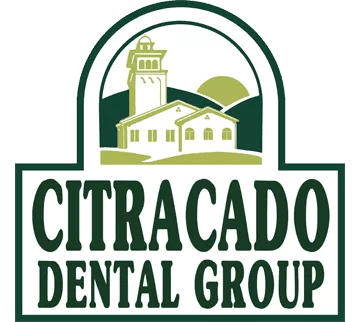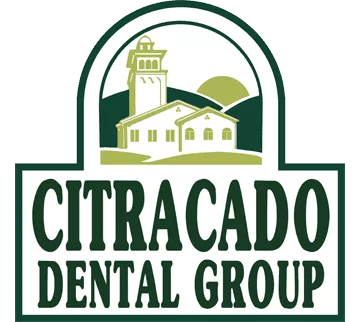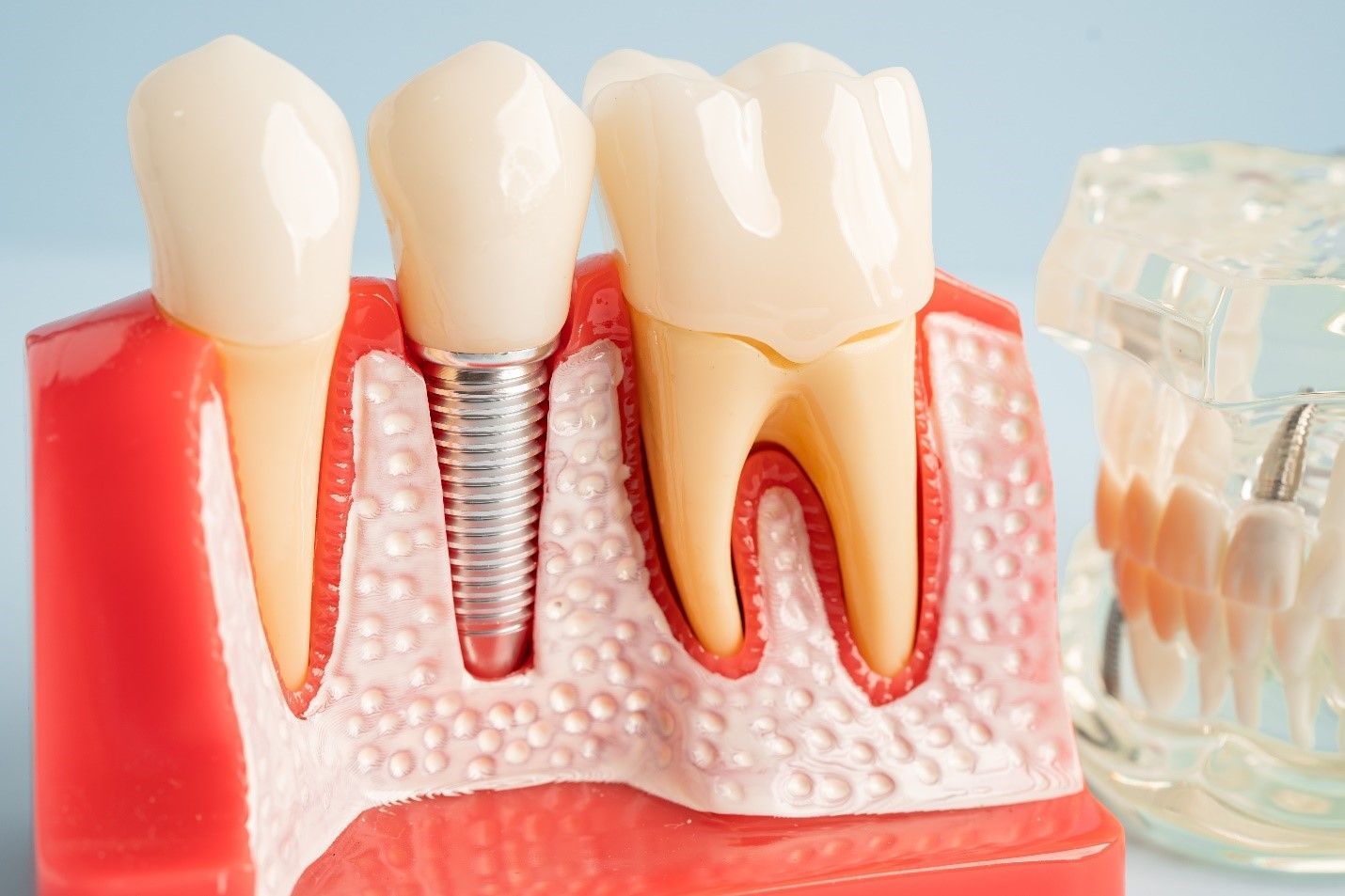WHAT TO DO IF YOU SUFFER DENTAL TRAUMA

It can happen suddenly. A dental emergency resulting from an accident or sports injury can be painful and cause anxiety, especially if the injury is severe.
A dental emergency such as a dislodged tooth requires a quick response, as the timeframe to save the tooth is at stake. A dental professional will make an appropriate diagnosis, and prompt attention will ensure the best possible outcome. The sooner you visit the dentist, the better.
What to do: tooth knocked out
An “avulsed tooth,” one that is completely knocked out of its socket, occurs in children and adults from trauma to the mouth, and should be treated urgently. Some five million teeth are dislodged in some form each year, but they do not have to be lost forever.
The window for saving and re-implanting the tooth is very narrow, and ideally should be completed within ONE HOUR of the injury. If you find yourself in this predicament, remain calm and plan out your next steps with the understanding that time is of the essence.
Here are some tooth-saving steps to take in the event of an avulsed tooth:
- Carefully locate and handle the tooth by the crown. The crown is the top of the tooth that makes contact with food. Avoid touching the root, which is normally below the gum line.
- If the tooth falls on the ground, carefully rinse the tooth with water. Do not scrub the surface.
- If it is an adult tooth, it may be possible to get the tooth to re-attach. If you can, place the tooth back in the socket by gently pushing it into position. Make sure to hold it by the crown before reinserting. Once in place, slowly bite with light pressure to secure.
- If it is not possible to reinsert the tooth, you’ll want to keep it moist. The best option is to place it in saline (mildly salty water), milk, or regular water. If you don’t have any handy, another option is to hold it inside your mouth next to your inner cheek.
- Call your dentist immediately, as time is running out! To increase the chance of saving the tooth, you will have no more than about 60 minutes to successfully address your dental emergency.
If a front tooth is broken, try to collect the pieces and bring them as well. Acting quickly will improve the chances of a successful repair.
Tooth injury in kids
Pediatric injuries can be more complex. Socket and bone health are a concern when a child loses a primary tooth unnaturally. Replanting the tooth is generally not recommended, as it could pose additional risks with the developing permanent tooth below the gumline.
Dentists will assess pediatric injuries on a case-by-case basis, but acting fast will increase the chances of a favorable outcome.
How to prevent serious injuries
Not every accident or sport injury is preventable, but there are steps you can take to better protect your mouth and teeth.
Sports injuries are the most common cause for an avulsed tooth and fracture. Wearing a protective mouth guard greatly decreases the odds of dental injury.
A custom-designed mouth guard or an over-the-counter mouth appliance protects teeth and gums and also has other benefits, such as easing teeth grinding. If your child engages in a high-contact sport, such as baseball, football or soccer, we strongly recommend a dentist-designed, custom sports guard to protect the teeth and jaws.
Contact us
No matter what type of injury occurs, regular follow-up is important to ensure a healthy, long-lasting result. Teeth that are traumatized face a high likelihood of becoming infected, so it is important to have it evaluated, even if the tooth does not get knocked out completely.
If your emergency occurs outside office hours, Citracado Dental offers a 24-hour emergency line. We also see dental emergencies the same day during office hours. Other dental emergencies are equally important to us, and we will do our best to take care of you promptly.
QUICK MENU
RECENT POSTS






